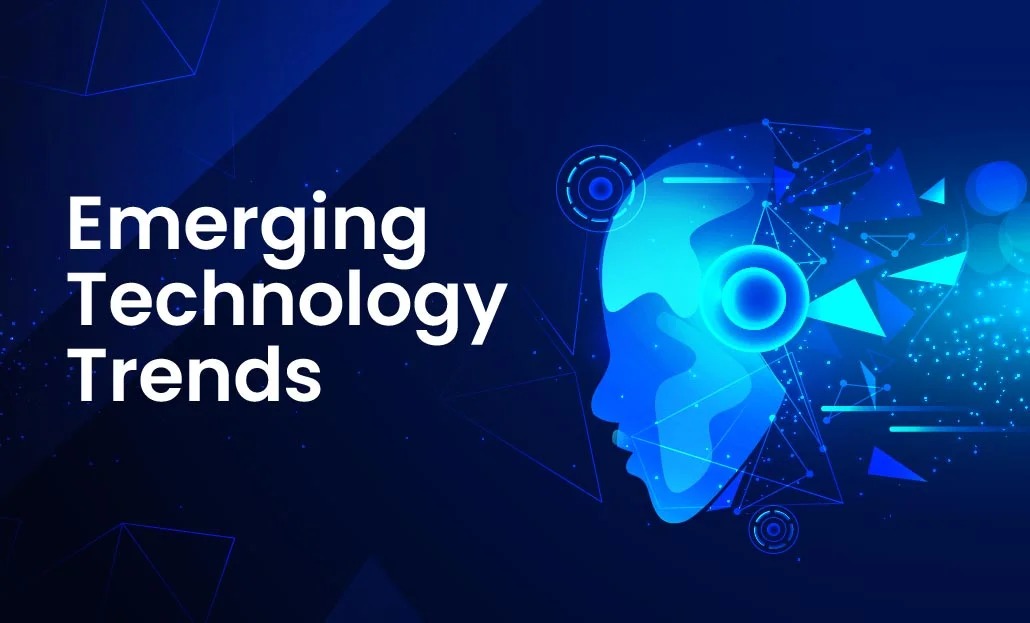Emerging technologies like Artificial Intelligence (AI), blockchain, quantum computing, and the Internet of Things (IoT) have reshaped the cyber security landscape. Such technological advancements are very effective in detecting and preventing cyber threats, but there arises a need for a comprehensive legal framework to ensure a secure digital future for everyone.
Role of Emerging Technologies in cybersecurity
Technologies like Artificial Intelligence( AI) and machine learning (ML) have revolutionised the cybersecurity sphere by enabling real time analysis of large volumes of data to identify anomalies and mitigate risks. AI powered systems are capable of detecting phishing attempts and ransomware activities before any damage occurs. However, the downside of this is that these technologies can also be exploited for malicious intentions that can cause sophisticated cyberattacks. So there is a need for a robust legal framework to address such issues.
Blockchain is a shared, immutable ledger that helps in recording and distributing digital information.This maintains integrity of data and secures digital identities. The usage of smart contracts automates compliance procedures and minimises human error.
But legal systems globally are struggling with complex issues like jurisdiction, liability, and dispute resolution.
Quantum computing has completely transformed encryption by providing a high degree of computational power. This paves way for new forms of encryption thereby, enhancing cybersecurity. Quantum computers can render traditional encryption methods obsolete and expose sensitive data. The dual nature of quantum computing can be exasperating and hence it is crucial to carefully balance innovation with the security risks it introduces.
The widespread adoption of IoT devices has significantly increased the number of connected devices, making users more susceptible to cybercrime. Most IoT devices have inadequate security measures that make them vulnerable to cyberattacks. Legal framework should address issues like privacy breaches and cyber attacks given the large volume of IoT devices being used nowadays.
Legal Implications
Emerging technologies such as AI, blockchain, quantum computing, and IoT present new legal challenges that need to be addressed to maintain cybersecurity. These challenges center on critical issues like data privacy, accountability, jurisdiction, and ethics.
With huge amounts of personal data being generated and processed by these technologies, complying with data protection laws like GDPR and India’s DPDP Act has become strenuous.For example Blockchain complicates data protection due to its immutable nature, making it hard to control how data is stored and shared. Legal frameworks should adapt to address these complexities and ensure that personal data is handled carefully.
But challenges don’t end here, accountability with autonomous systems like AI and blockchain in the realm of cybersecurity can become unmanageable if not taken care of. Clear regulations are needed to define responsibility in case of a breach. Also, as emerging technologies operate globally, jurisdictional issues complicate legal proceedings, requiring international cooperation and better laws.
Conclusion
History is a testimonial that whenever revolutionary changes occur, revolutionary laws are also required to counteract them. Similarly, emerging technologies which are apparently changing every second need to be controlled by equally strong cybersecurity laws. Digitalization has cut across geographical distances but also has necessitated a strong legal framework of cybersecurity laws. These laws should not only ensure privacy but also prevent leakages and misuse of data.
Author: Ms.Aashna Gupta, Student Economics honors with Political Science, Motilal Nehru College, University of Delhi
Disclaimer – The views and opinions expressed in the commentaries/blogs/articles are those of the authors and do not necessarily reflect the official policy or position of the Forum for Global Studies.

